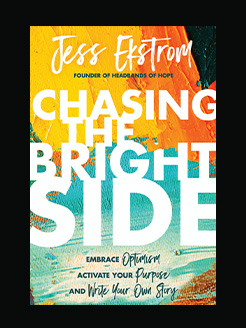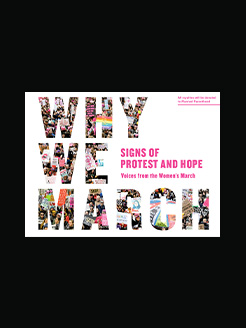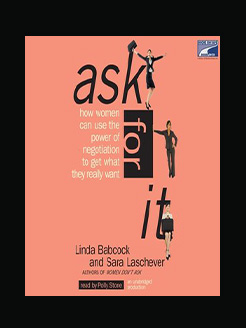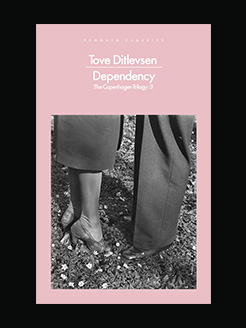Published in 2024
488 pages
Rebecca Little is an accomplished Chicago-based freelance writer and former contributing editor for Chicago Magazine. She has written for The Chicago Tribune, Chicago Parent, WBEZ, Zagat, Google, The Irish Times, and Crains Chicago Business, among other publications, as well as many corporate and university clients. She has written about education, parenting, home design, style, politics, travel and pop culture. She has a master of science in journalism from the Medill School of Journalism at Northwestern University.
Colleen Long is a journalist based in Washington, D.C. who has covered some of the nation’s most important news including the Biden administration, the 2020 presidential election, immigration in the Trump era, death of George Floyd, New York City crime, and the Justice Department. She has written extensively on the intersection of women and the criminal justice system including an award-winning story on prison nurseries. Her work has appeared in every major news publication in the world, and she was a finalist for a Pulitzer Prize in 2019 for the AP’s work on immigration.
What is this book about?
A must-read investigation of reproductive health under fire in Post-Roe America.
More than a million people lose a pregnancy each year, whether through miscarriage, stillbirth, or termination for medical reasons. For most, the experience often casts a shadow of isolation, shame, and blame. In the aftermath of the 2022 decision to overturn Roe v Wade, 25 million people of childbearing age live in states with laws that restrict access to abortion, including for those who never wanted to end their pregnancies. How did we get here?
Rebecca Little and Colleen Long, childhood friends who grew up to be journalists, both experienced late-term loss, and together they take an incisive, deeply reported look at the issue, working to shatter taboos that have made so many pregnant people feel ashamed and alone. They trace the experience of pregnancy loss and reproductive care from America’s founding to the present day, exposing the deep impact made by a dangerous tangle of laws, politics, medicine, racism, and misogyny. Combining powerful personal narratives with exhaustive research, I’m Sorry for My Loss is a comprehensive examination on how pregnancy loss came to be so stigmatized and politicized, and why a system of more compassionate care is critical for everyone.







